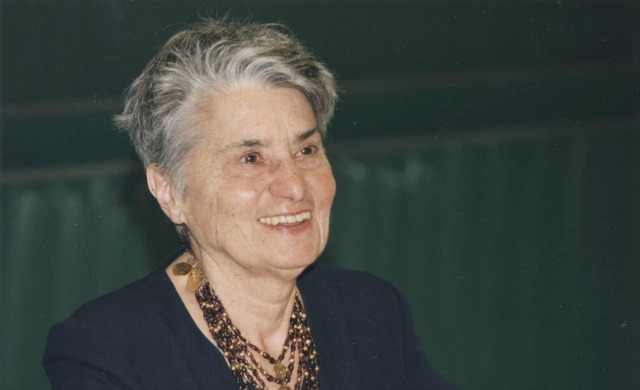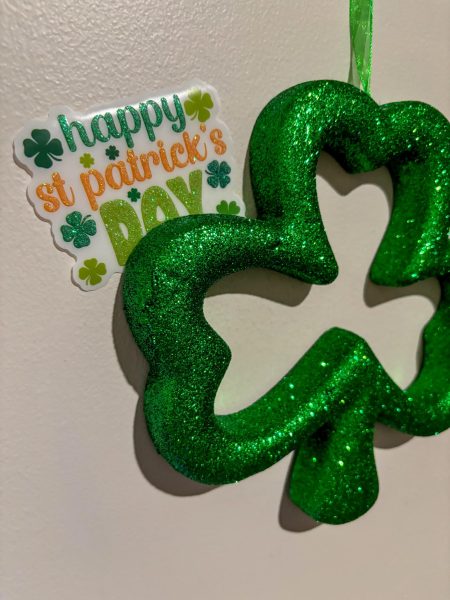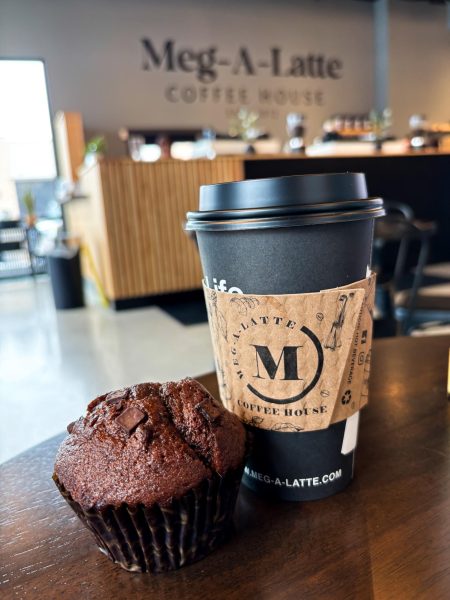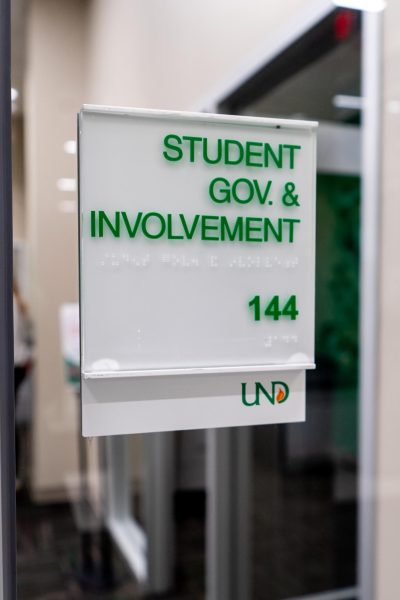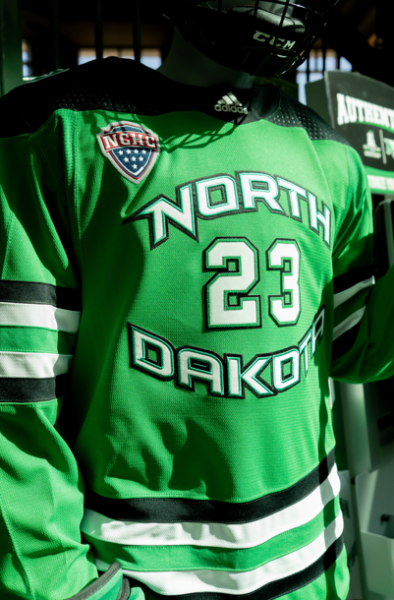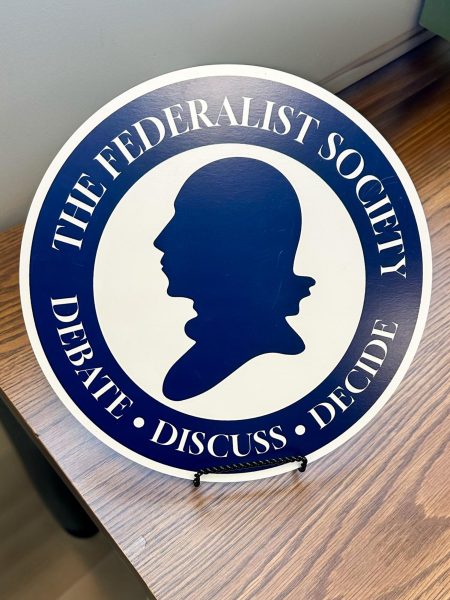Holocaust victims honored
Ruth Kluger is a holocaust survivor who wrote about her time in concentration camps. Photo courtesy of cmais.com
It has been 70 years since the Soviet army broke down the walls of Auschwitz, which was a death camp for Jews during the reign of Hitler. Many former Holocaust victims were not only honored, but stood in solidarity at a place that not only haunts them but questions what ultimate human suffering looks like.
During World War II, more than a million other victims were killed at the place these survivors stood before. While we know the story of the inhumane treatment and harmful attempt to annihilate the Jewish people throughout Europe, effects are still being felt. Many of the former victims who gathered wore scarves or sashes that mimicked the very stripped patterns that they had to wear while they attended the camp.
The very collection of these victims is not only a commemoration of the event, but it serves as a reminder of what was, and unfortunately still affects the area. Over the last six years the rise of anti-Semitism has once again resurfaced throughout the European Union.
With a period of multiple generations of new Jewish people arising, many have had to flee from their former lands of glory. Just as many 70 years ago tried to flee for their lives, the matters of conflict and violence that have returned, and driving many Jews out of their once former homelands of glory.
In a statement released by Federica Mogherini, the European Union’s foreign affairs representative, she said, “We must be honest enough to admit that more than 70 years after the Shoah, anti-Semitism is still alive in our ‘civilized’ European Union”.
With the most recent attacks occurring in Paris, and smaller ones throughout Europe, many Jewish immigrants have moved toward Israel or other safe havens. According to data examined by the European Union’s Immigration Affairs office, as many as 8,500 immigrants who were once living in France have moved. Many have been scared, and felt specifically targeted as a result of the Islamic extremist attacks. While France used to be considered one of the safest places for the Jewish population there, many have felt that security has been broken in the wake of the recent tragedies.
On the Saturday before this event was held, many stood within the same square holding banners, with the words reading “Refugees not Welcome, Hitler Was Right” on them. The attacks have created and foster hostility between those escaping the violence in their own home countries such as Syria, and the Jewish population who feels like they have been the targets of severe Muslim attacks.
It seems that while both of these groups are affected by feelings of hate and discrimination there is a not a clear cut mold of how one should act or how one should feel toward each group.
Anti-migrant views have showed throughout continent on both sides, where it seems that there is no middle ground to be found.
During the official commemoration of the event, leaders on both sides made room to try and bring peace to not only the similar issues facing both Muslims and Jews, but the affects everyone around the world have began to feel. British Prime Minister David Cameron, plans to build a day that not only commemorate the memorial to the Holocaust, but create a day that can remind all people of the day of peace.
It seems these two groups have more in common than people make them out to be. Perhaps it is time to think about how we can brainstorm other ideas to add to such efforts of piece and think about how we can help add to the cause. In the word of Holocaust survivor Ruth Klueger, “We should open borders and hearts with generosity.” It doesn’t really matter here we are from.
Amina Chinnell-Mateen is a staff writer for The Dakota Student. She can be reached at aminakins101@gmail.com


